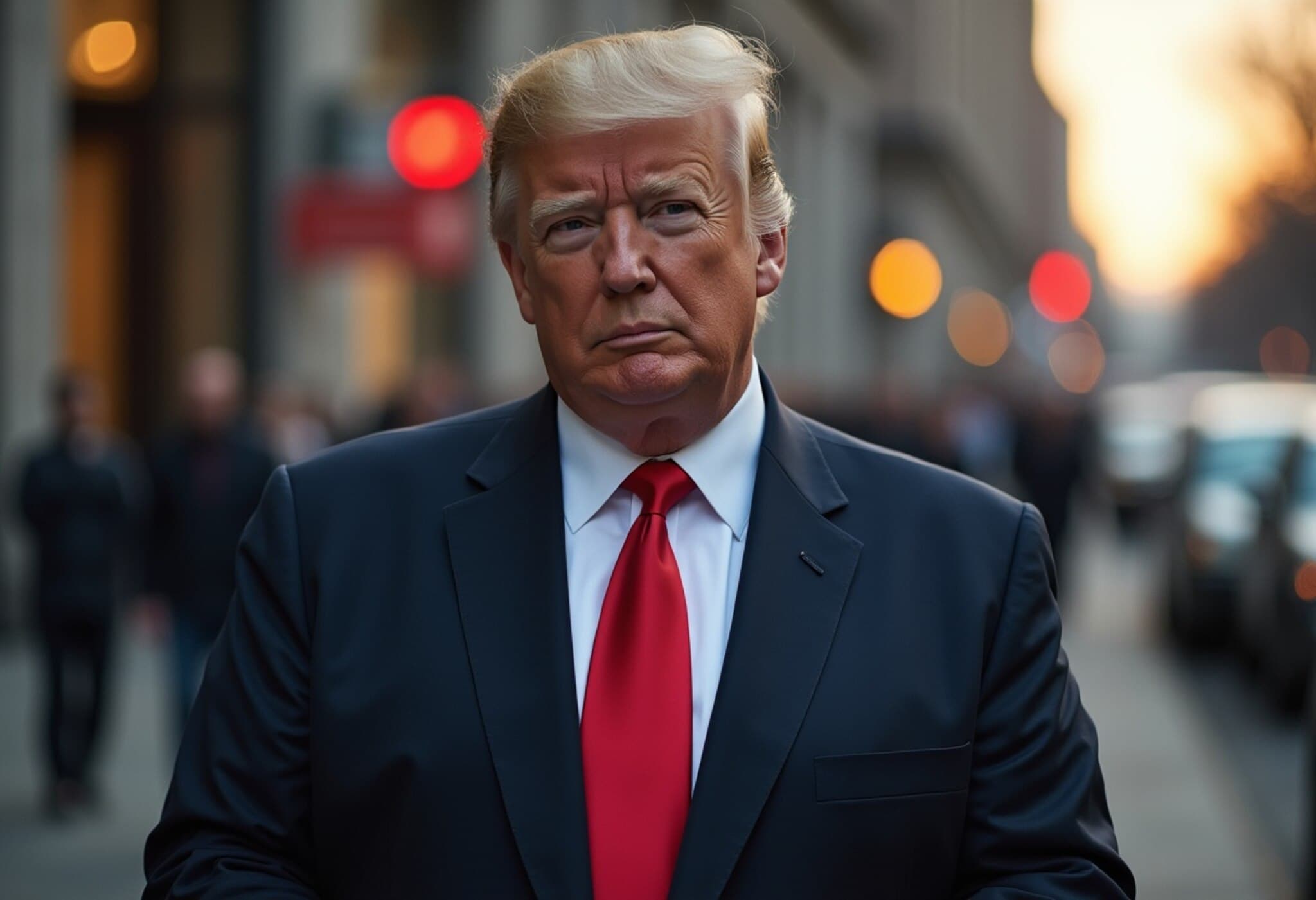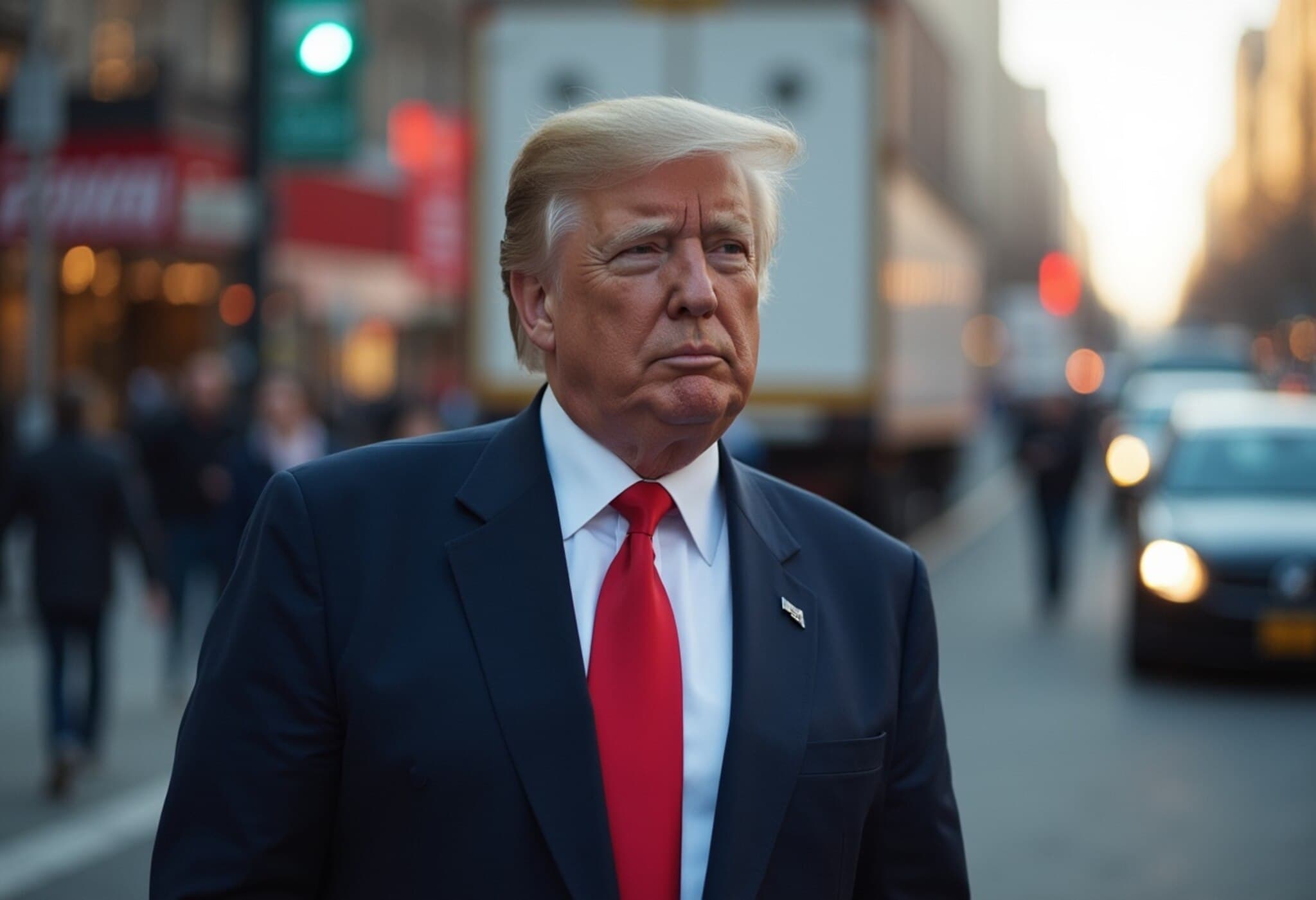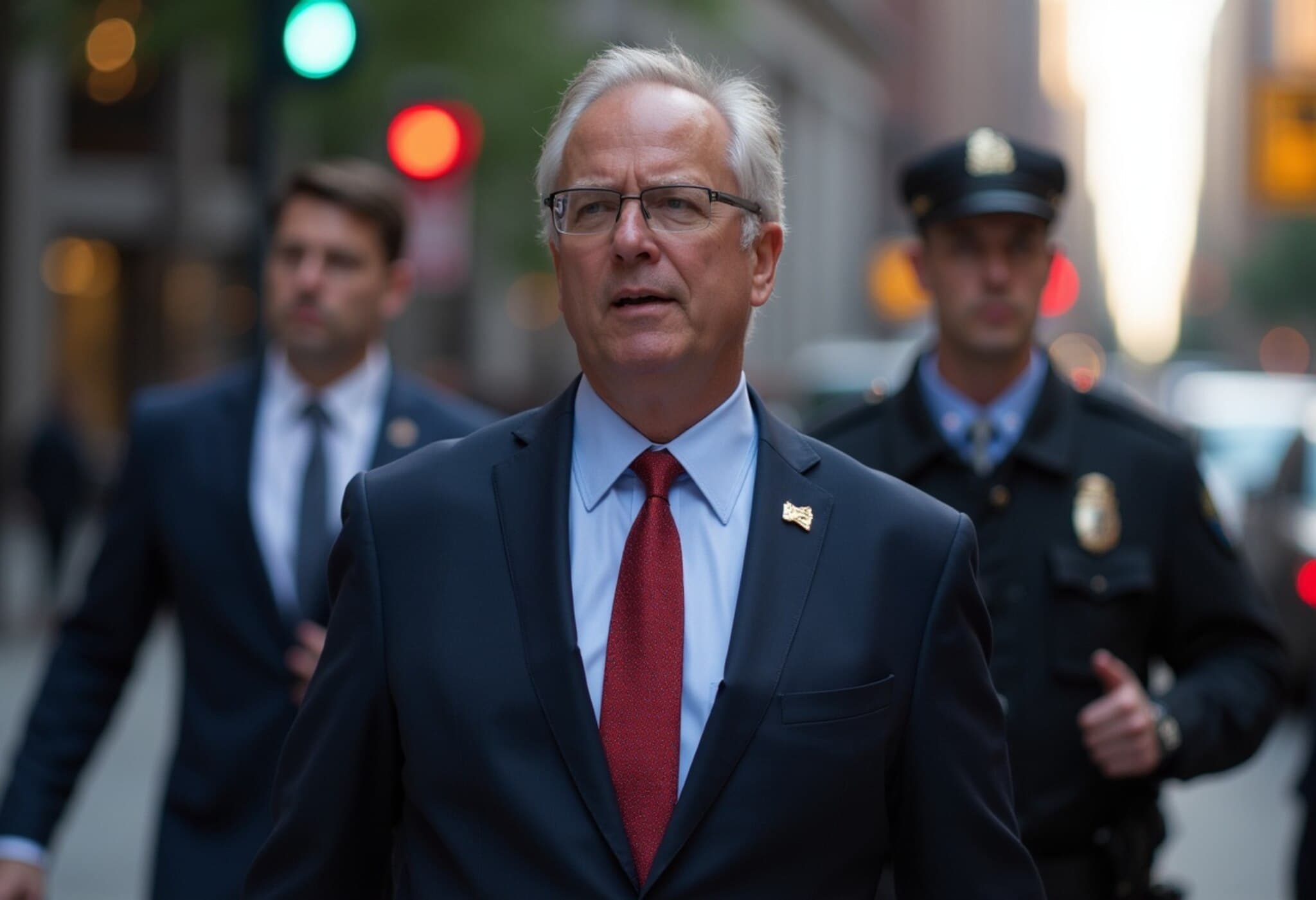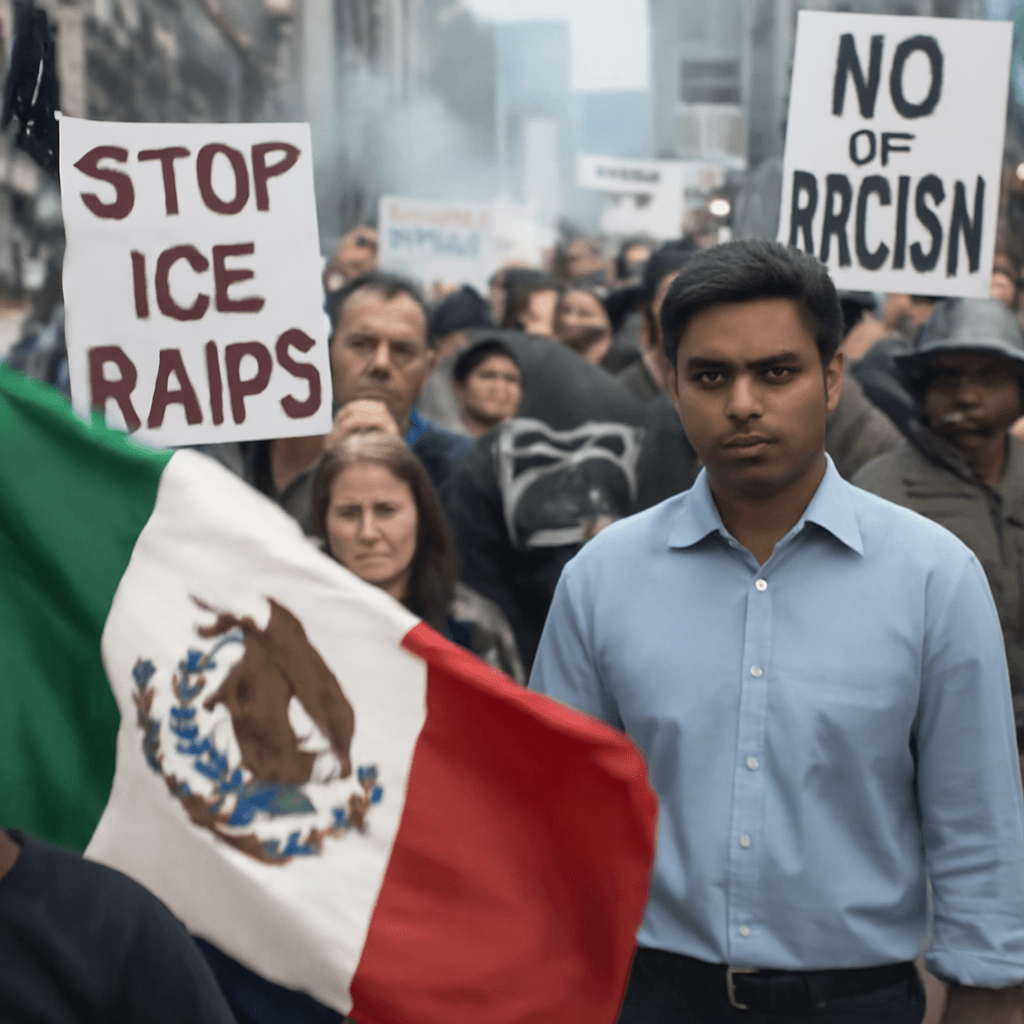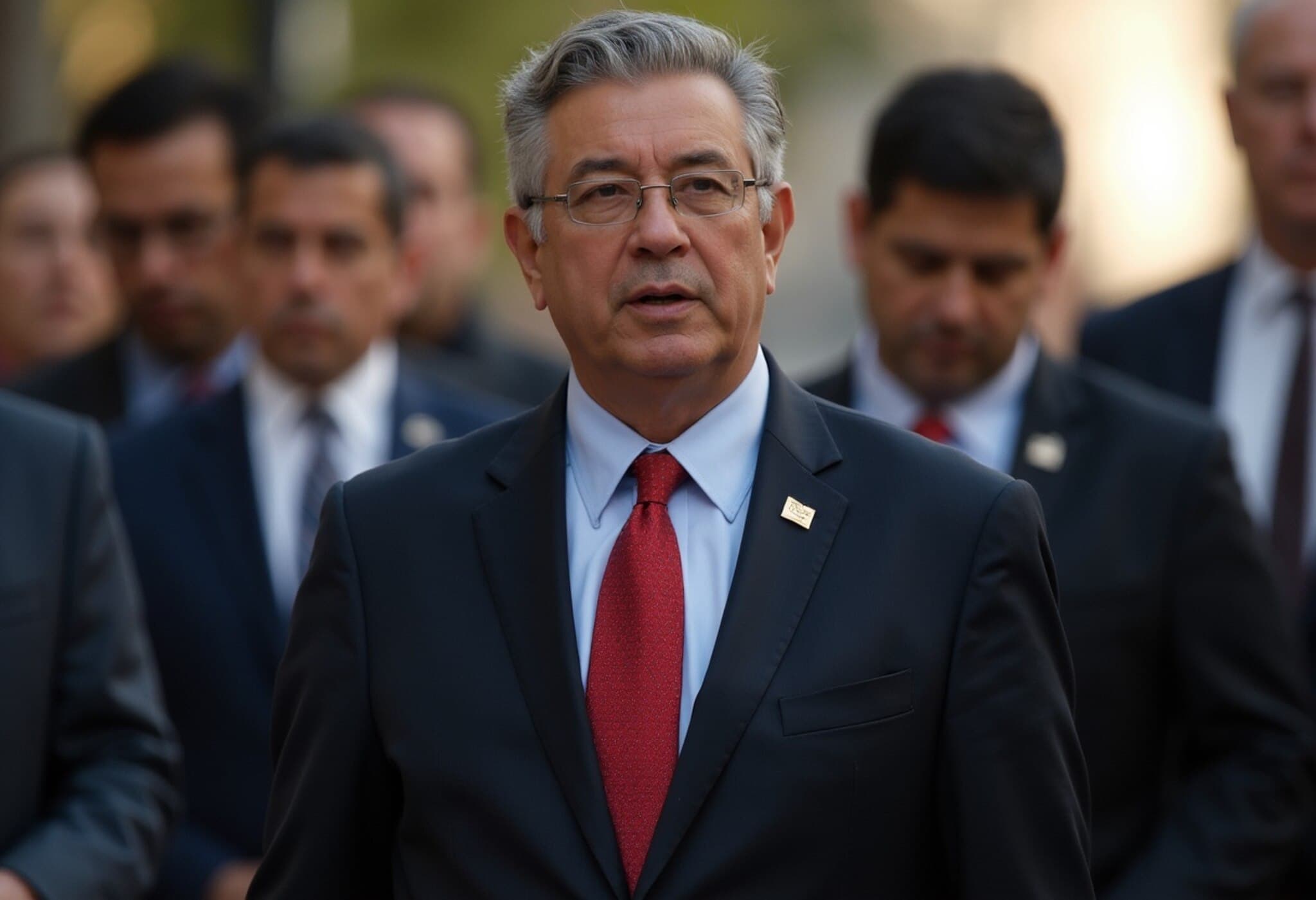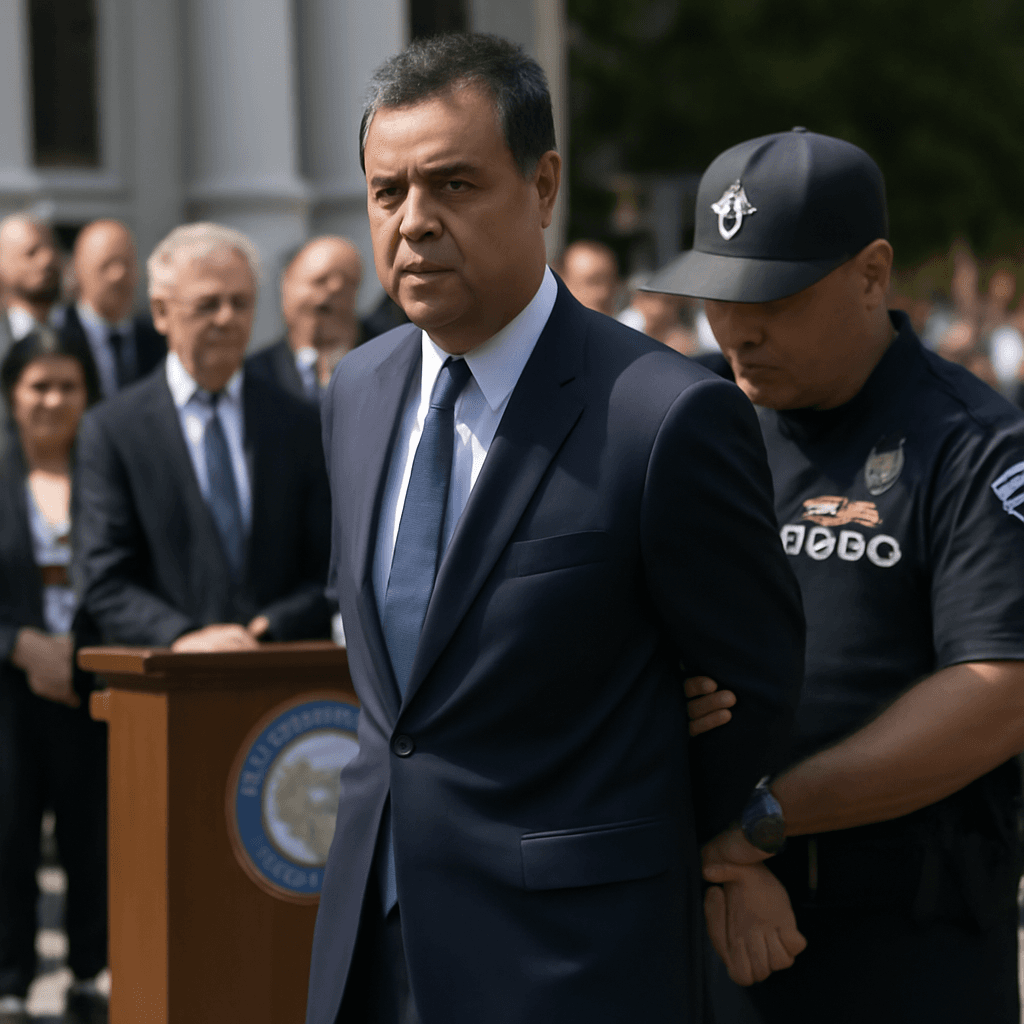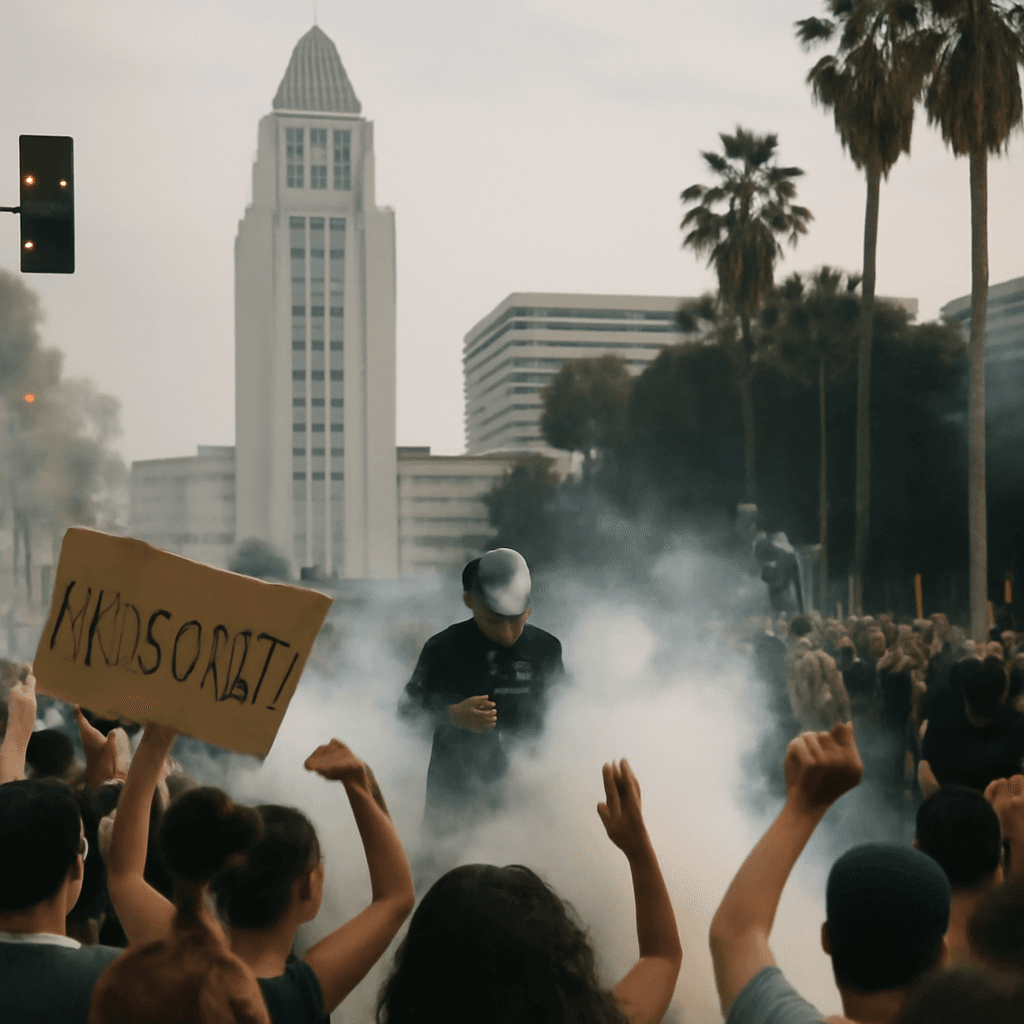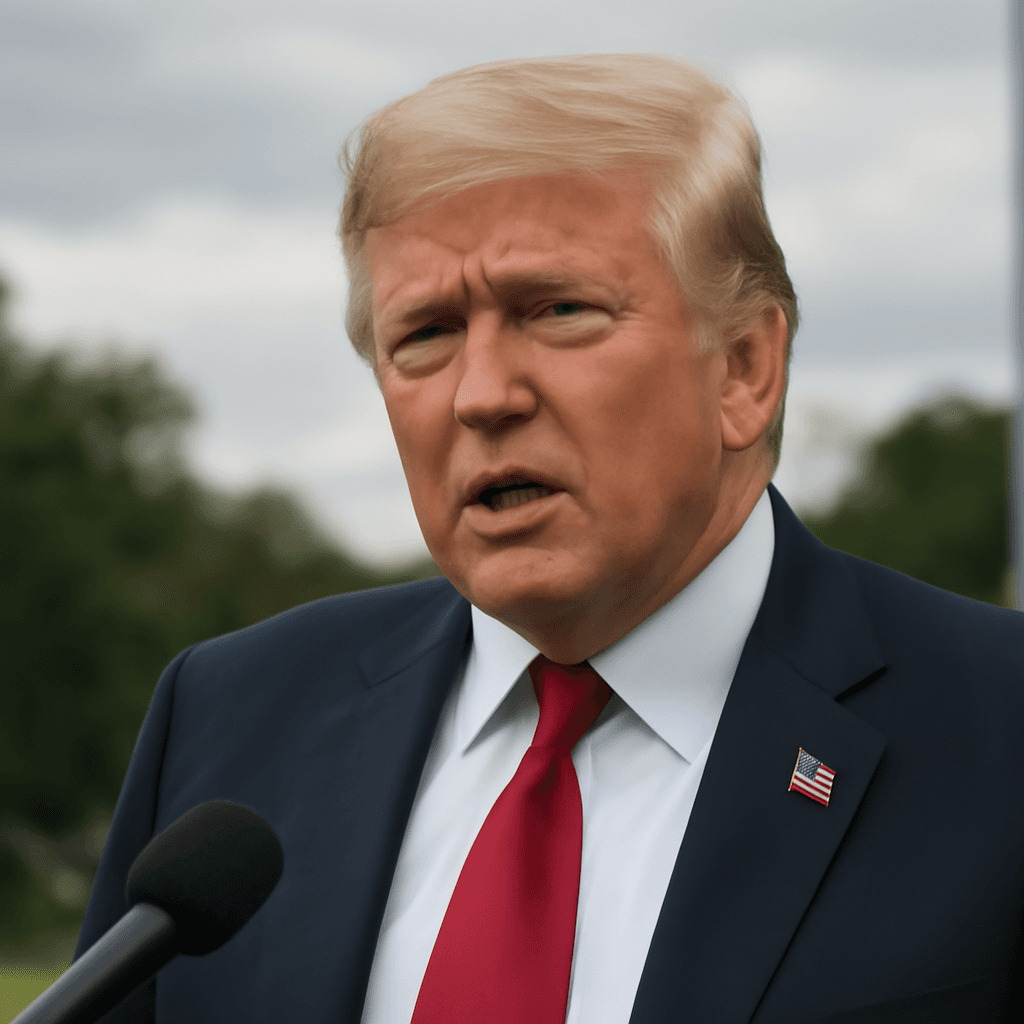Senator Alex Padilla Detained During DHS Press Conference in Los Angeles
In a dramatic and tense scene Thursday afternoon, Senator Alex Padilla (D-Calif.) was forcibly removed by police officers and handcuffed during a press conference held by Homeland Security Secretary Kristi Noem in Los Angeles.
The Incident Unfolds
Padilla entered the press conference and interrupted Secretary Noem while she spoke about the Department of Homeland Security's continued deportation efforts in California. This move came amidst recent immigration enforcement actions that have sparked widespread protests across the state.
Video footage shared by Padilla's staff captures the moment police officers grab the senator by his arms after he attempted to question Noem. Despite verbally identifying himself as a U.S. Senator, Padilla was pushed towards an exit, resisted slightly, and was subsequently taken to a hallway where he was handcuffed after officers ordered him to kneel.
Official Reactions and Statements
Following the altercation, Padilla's office released a statement confirming that he is not currently detained. They clarified that the senator was at the federal building for a briefing with General Guillot and happened to overhear Noem's press conference before trying to engage her directly.
DHS defended their officers' actions, accusing Padilla of staging "disrespectful political theatre". The department claimed Padilla did not comply with repeated commands to step back, and that Secret Service agents believed he was an attacker. According to DHS, Noem later met with Padilla for a 15-minute discussion.
What This Means
- Senator Padilla was exercising his oversight responsibilities at the federal building in Los Angeles.
- He attempted to question Secretary Noem regarding ongoing immigration and deportation policies.
- DHS maintains that officers acted appropriately given the circumstances.
- The incident highlights tensions between federal immigration authorities and elected officials amid recent operations in California.
This incident adds to the ongoing debate surrounding immigration enforcement and government transparency. It underscores the challenges lawmakers face when confronting federal agencies directly in volatile settings.



